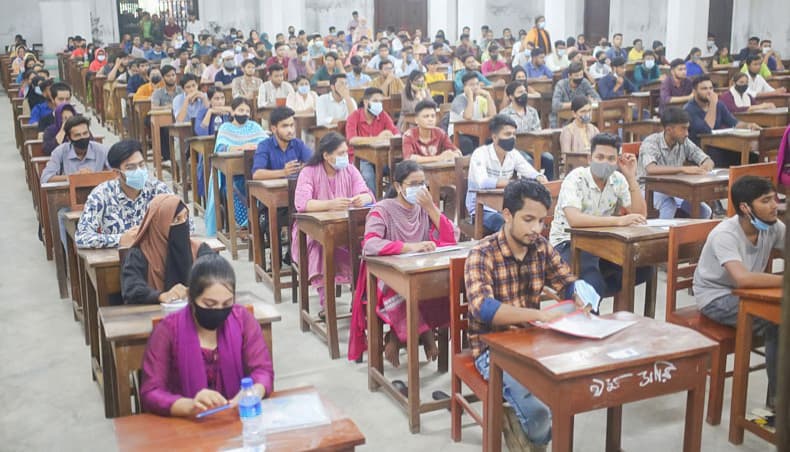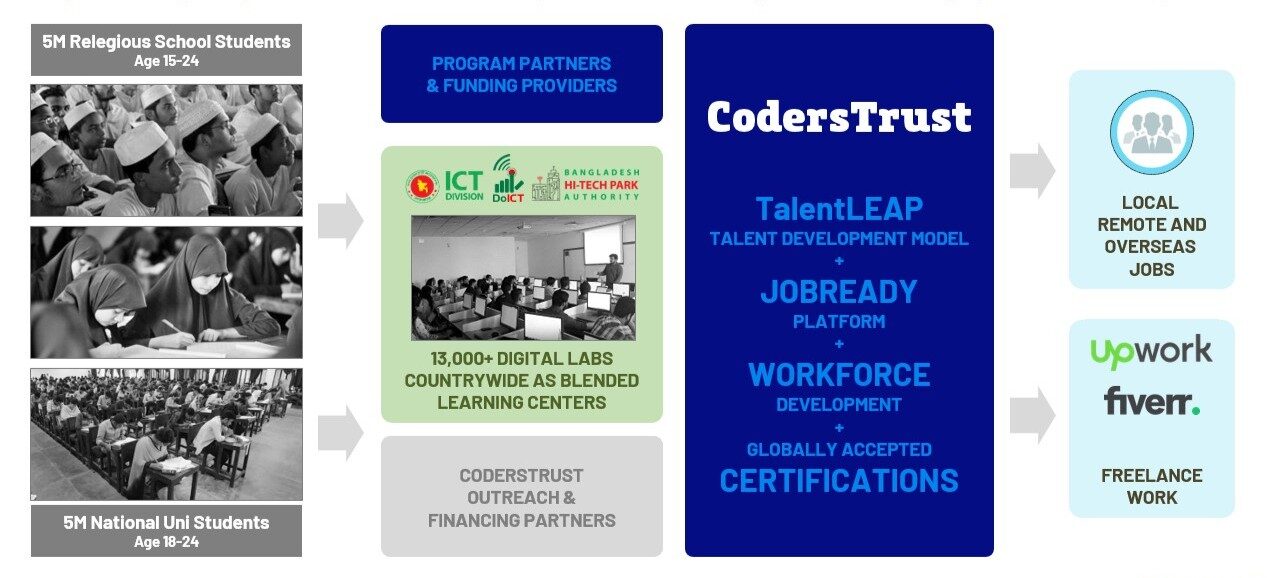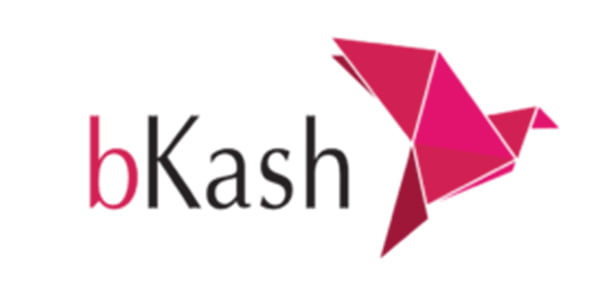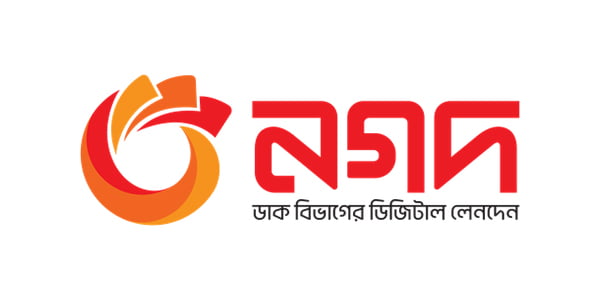NationWIDE (Nationwide Workforce Inclusion for Digital Economy)
NationWIDE
Digital reskilling initiative for 5 million National University Students of Bangladesh
National University (NU), Bangladesh is the second-largest university of the world in terms of enrollments. It was founded to provide tertiary level education to a large number of students in the country. It has 3.6 Million students enrolled in undergraduate and postgraduate programs across its 2200+ affiliated colleges and institutions.
Despite constituting one-third of the country’s education system, 3 out of 4 NU graduates remain unemployed. NU has recently adopted a strategy to introduce skill-based, work-oriented diploma courses for some specific competencies. CodersTrust is working with NU as a country-wide skill-based training and career services provider.

Challenges
- 66% of the graduates do not get a job within 2 years of their graduation
- World Bank study found that 46% of the students remain unemployed for at least 3 years after their graduation
- 97% graduates reported that their colleges do not have employment support service
- Monthly nominal salary for the graduates at the entry level varies between $280 to $300
- Most of the students are from lower-middleclass and poor families
NationWIDE (Nationwide Workforce Inclusion for Digital Economy)
NationWIDE
Digital reskilling initiative for 5 million Madrasa Students of Bangladesh
Madrasa education makes up one third of Bangladesh’s education system with 9300 madrasas and a growth rate of 4.65% per year compared to general education growth rate of 3%. However, due to the limited availability of jobs in religious professions, most madrasa students struggle to find employment in a skill-oriented job market.

Challenges
- 75% of over 5 million current and recent Madrasa students of Bangladesh are unemployed or under-employed due to lack of skills relevant for the modern economy
- 92% of these students come from families that are either poor or belong to the lower middle class, who opt for madrasas due to religious beliefs and financial constraints
- 50% madrasa students stated that their education did not adequately prepare them for employment opportunities
- Due to the severe shortage of ICT teachers, Bangladesh Madrasa Education Board had to exclude ICT from Dakhil (secondary) curriculum, which is a compulsory subject for students of grade 11 & 12
- Only 14% madrasas have a computer laboratory
Synergistic and Sustainable Collaboration for a Large-Scale, Rapid-Impact Initiative: 10M Trainees over 5 Yrs
In an effort to revolutionize talent development and bridge the skills gap in the digital era, a groundbreaking initiative has been launched. This ambitious endeavor, titled the “Synergistic and Sustainable Collaboration for a Large-Scale, Rapid-Impact Initiative: 10M Trainees over 5 Yrs,” aims to empower and train a staggering ten million individuals within a span of five years. By fostering collaboration among various stakeholders and leveraging cutting-edge technologies, this initiative seeks to equip learners with the skills and knowledge needed to thrive in the rapidly evolving job market.
The primary focus of this initiative is on two distinct learner segments: five million Madrasah students aged 15 to 24 and five million National University students aged 18 to 24. Recognizing the importance of reaching individuals from diverse educational backgrounds, this initiative aims to provide opportunities for both groups to develop their talent and unlock their potential in the field of information and communication technology (ICT). The ICT Division, Directorate of ICT, Bangladesh Government, Bangladesh Hightech Park Authority, Sheikh Rasel Digital Labs, and CodersTrust Outreach Partners are among the program partners and funding providers.
The program components are carefully designed to provide a comprehensive and holistic learning experience. The initiative combines the TalentLEAP talent development model, the JOBREADY platform, workforce development strategies, and globally accepted certifications. By integrating these components, the initiative aims to create a seamless and effective pathway for learners to acquire the necessary skills and knowledge demanded by the industry.
The ultimate output of this initiative is to enable learners to embark on successful careers in various domains of the ICT sector. They will have the opportunity to pursue local, remote, and overseas ICT jobs, as well as explore the vast landscape of freelance job marketplaces such as Upwork and Fiverr. By equipping learners with globally recognized certifications and practical skills, this initiative seeks to empower them to thrive in the digital economy and contribute to both local and global job markets.













